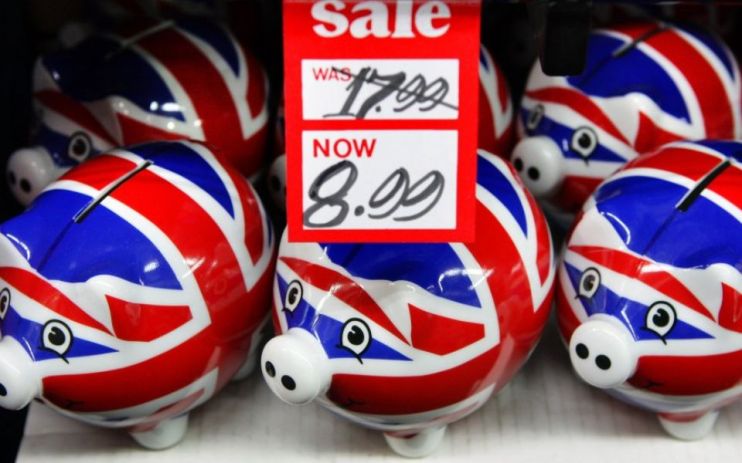A volatile week draws to a close on Friday the 13th with ‘a UK economy that has more or less ground to a halt’

There were more wild swings in equity markets over the last 24 hours, largely driven by a concern over slowing growth, and sticky inflation, raising fears of looming stagflation and possible recession.
These worries manifested themselves in the guise of fluctuating bond yields, and weaker commodity prices, while Federal Reserve officials continued to show little signs of resiling from their current approach of aggressive tightening in the months ahead, commented Michael Hewson, chief market analyst at CMC Markets UK, this morning.
San Francisco Fed President Mary Daly became the latest Fed official to make the case for another 2 50bps rate increases at the next two central bank meetings, while also playing down the prospect of a 75bps move.
Hewson pointed out that Fed chair Jay Powell also made it plain that the Federal Reserve’s main priority now was to “get inflation back under control” and back to 2 per cent, a process that could “include some pain”, and he was also careful not to rule out the 75bps option completely.
European markets finished a roller-coaster day firmly lower, although well off the lows of the day, as did US markets, with the Nasdaq 100 falling to an 18-month low, rebounding from the 11,700 level, which is a 50 per cent retracement of the entire up move from the 2020 lows to the record highs from November last year.
“The rebound off the lows in the US has followed through into a rebound in Asia markets and looks set to translate into a higher European open as this week’s volatility looks set to continue,” Hewson noted.
“Weakness in cryptocurrencies also served to muddy the waters for investors as the sharp declines here prompt further instability because of forced selling as investors try to meet cryptocurrency margin calls, by selling more traditional assets like shares,” he added.
“The US dollar has continued to act as a haven,” Hewson continued, making fresh 20-year highs as US PPI for April followed in the footsteps of April CPI in reinforcing the narrative of inflation that appears much stickier than was thought to be the case a few months ago.
Pound
The pound slipped close to a two year low against the US dollar after the latest set of UK economic data pointed to “a UK economy that has more or less ground to a halt,” as Hewson put it.
“On the monthly GDP numbers January is the only month this year that has seen any economic expansion at all, and as far as the monthly numbers are concerned, could well be the high-water mark for this year.”
Crude oil prices, which spent most of yesterday lower, before rallying into the close, has spent the week being pressured by worries over slow growth and stagflation on the one hand, while on the other hand is being underpinned over attempts by Russia to use oil and gas as weapons.
“The rebound came about when Gazprom announced it would cut gas shipments to Europe through the Yamal pipeline, after the Kremlin imposed sanctions on European gas companies,” Hewson concluded.